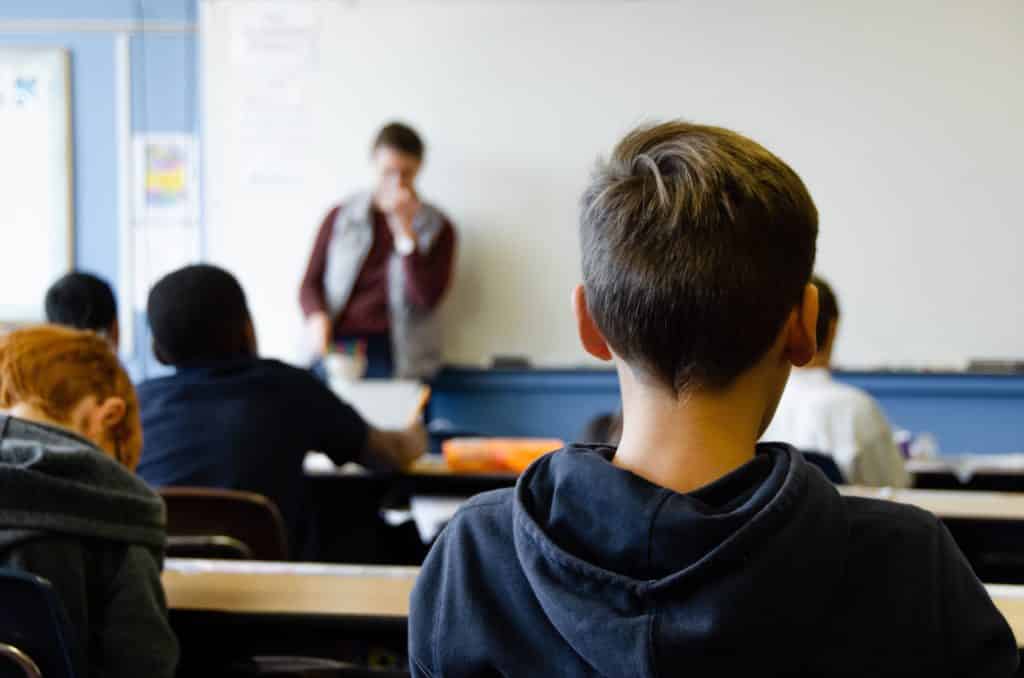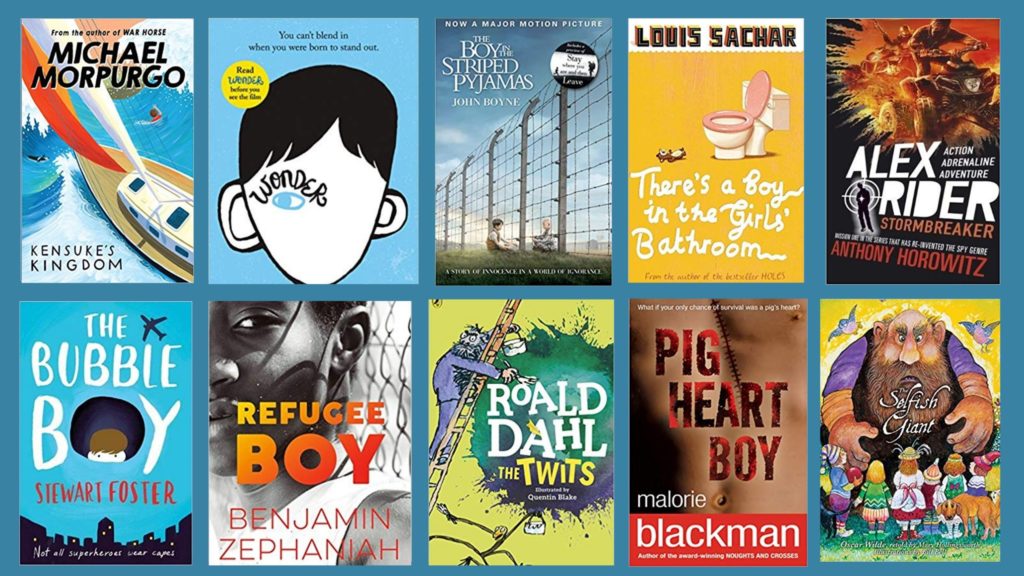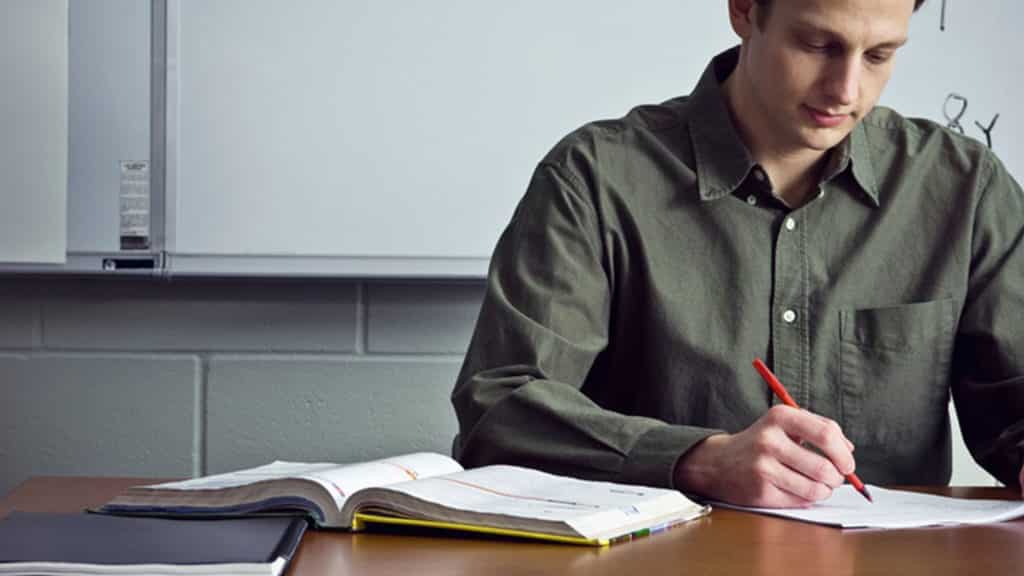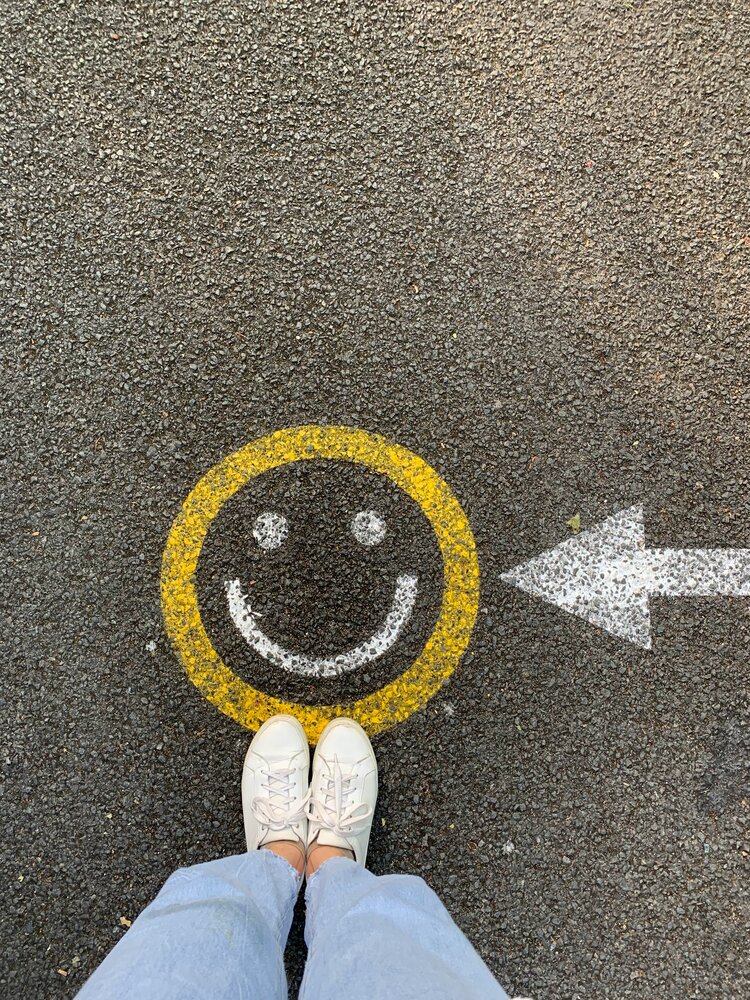Good Stress/Bad Stress

Stress and its awkward cousin anxiety generally get a bad rap.
Sometimes it’s obvious what is stressing us out – too much work, too many things to do at once, the kids in the class who just won’t settle! Other times it’s harder to pin down. It feels like that low-level disruption in a classroom, not overwhelming but constantly demanding your attention.
When stress and anxiety are overwhelming they make you feel exposed and sensitive to judgement. They also make you defensive and prone to being over-reactive. Your senses are turned up and tuned in and you are ready to flip. Overwhelming stress can also take you another way.
Many years ago, I was in a classroom. I was supposedly teaching the class but I had lost control of them in the 3rd minute and 15 minutes in there was chaos. It’s fair to say, I was stressed. I could have left the room, I could have sent for help, I could have taken a breath and reassessed and calmly…not a chance. Instead, I just sat down and let out a long breath. I closed down. Stress can do that to us too. We can flick off the lights and pretend there’s nobody home.
This ‘stretched’ state is not a happy place to be. Obviously. And if we can we avoid feelings of stress and anxiety at all costs. And if we can’t avoid them, we repress them or deny them or blame others for them. Understandably.
But to avoid stress at all costs misses the point of stress; its psychological function. Too much stress and our thinking shuts down. We become fixed on escape, looking after ourselves, retreating to a safe place. Either that, or we come out all guns blazing, trying to shoot our way out of trouble. The inability to think or an over aggressive instinct to destroy are not great attributes in a teacher.
The Right Amount of Stress?
Although overwhelming stress and anxiety are counter-productive, the right amount of anxiety is essential for learning to take place. Stress can feel cruel but there are aspects of anxiety that are definitely useful and cool.
Although psychologists talk about stress, they are more attuned to the word ‘anxiety’. Stress and anxiety are not quite the same thing but they are close enough for our purposes. One bad thing about anxiety is that it turns up the volume of your senses but that’s also cool thing about it too.
“In a classroom, anxiety drives a desire to know what is not already known…”
The right amount of anxiety and you become more alert, more focused and ready to do what needs to be done. Anxiety drives people on and helps them pay attention to detail. Even if you are doing something as simple as reading a book or browsing sites that you interest you, anxiety pushes you to turn the page or scroll down and see what’s next. In this context anxiety feels like excitement, it drives curiosity and intrigue.
Anxiety and Learning
Most of the work I do focuses on how anxiety impacts learning. My belief, gleaned from many years as a teacher and as many studying psychology, is that the primary task of any teacher is not to avoid anxiety but to contain and manage it. Starting with their own. It’s only when teachers understand the positive power of anxiety, that they can really help pupils take charge of themselves and their learning.
In a classroom, anxiety drives a desire to know what is not already known, to add to your body of knowledge and fill up your pleasure batteries. Like a motor that ticks away inside you – anxiety is the motivator that powers progress. Anxiety drives us to get to know others, to connect with one another and in a classroom, it drives students to move from the question – what does this mean? – to the answer – it means x or y. But learning is an anxiety provoking endeavour. To learn something new, we need to let go of what we already knew. It’s like rock jumping. There is a moment when we have to commit to jump to the next rock, knowing that we might fall. That’s why learning can be exciting also.
The function of stress
Anxiety has its roots in early childhood and is the fuel for growth and development. Born into a chaotic and bewildering world, the baby looks to its carer/s to supply comfort, safety, sustenance and ultimately, meaning. This relationship between carer and cared for is the baby’s first ‘classroom’ and its main function is to alleviate the baby’s anxiety about what its mind and its body don’t know or recognise. The adult makes sense of the world for the child, puts it in order, helps it understand its own feelings and sensations. It is this innate desire to alleviate its anxiety, that connects the baby to the carer, then to her broader family and eventually to the wider world.
So, although stress can be overwhelming, it does have a primary psychological function. It is a motivator. Too much and we are only motivated to run or to fight but just enough and we are driven to step beyond what we know, ask the question and strive for the answer.
How does knowing this help?
Realising that anxiety has its place in the classroom means that teachers can begin to manage it rather than avoid it. Learning is an anxiety provoking endeavour. It should be. Students are stepping into the unknown. They are jumping between rocks with only your reassurance that they won’t fall. Making the room safe enough for them to summon up their courage and jump, is a key part of your role as a teacher. And if they are disrupting your lesson or attacking you, then they may be struggling to feel that you’ve ‘got them’. So, try to find out what aspect of the learning they are struggling with rather than blame them or yourself for their reluctance.
The primary relationship a baby has with its carer, that first classroom, is the model for all future learning environments. In your classroom, you are the carer that is looked to to provide comfort, challenge and help children find meaning. They are already primed to do it and if you can attend to your own levels of stress and anxiety, you will be able to think more clearly and be able to help them find their way more effectively.
As it is for the children, so it is for you. We like to imagine that because we are a certain chronological age that we are ‘grown up’ and as such we shouldn’t need help or support. But we are jumping rocks too. If we are to enjoy our work as teachers then we need help managing our levels of stress and what’s more, like the reluctant student, we may need to find the courage to ask for it.








I teach reception age children – their anxiety is so naked, and often, the minute they feel challenged or uncomfortable with something they simply walk away. I am very taken with the idea of managing that anxiety, in oneself and in a child, and seeing it as something productive. Like giving oneself and them the tools to make the leap.
Hi Lucinda
You’re right about that age children. I think the challenge for teachers of any age is to sort out whose anxiety is whose. Empathy is a key skill in teaching – as in love – In order to empathise we have to feel something of what the other person is feeling yet not let it overtake us. Teaching is very challenging in this regard as you are confronted by a lot of emotions, some of them extreme, so understanding and containing your own emotional state takes effort and focus. It’s hard work! Of course, the pay off is the great relationships you build with the children and the privilege of being trusted and helping them develop.
Thank you Steve – a very insightful article!
To find out more about Good Stress/Bad Stress join Steve Carr at our FREE lunch and learn webinar on Thursday 30 April 2020.
Click the link below to reserve your spot;
https://community.opogo.com/event/helping-minds-work-together-good-stress-bad-stress-with-steve-carr/
Looking forward to it @gavinking